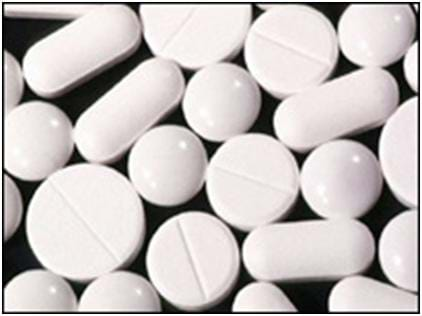Pop your paracetamol and keep moving

http://www.smh.com.au/lifestyle/life/the-truth-about-back-pain-20131010-2vah5.html
It appears that as our medical technology and knowledge advances, we may still not be getting the management of back pain right. Over-scanning, over-medicating, over-diagnosing. This seems to be the trend in the diagnosis and treatment of acute back pain in recent times.
Dr Chris Maher in this October 2013 Sydney Morning Herald article explains some of these inappropriate treatments and other interesting conclusions from recent research.
Did you know that 90% of all acute back attacks are 'non-specific'?
This means they are due to altered postural loads on the back with no injury to back structures such as the joints, ligaments and discs. In other words, they are mostly muscular.
Did you know that over-complicating the care of someone with an acute back episode can actually lead to greater problems long term?
'Catastrophising' the diagnosis can have adverse affects on the attitudes to activity and therefore getting better in some. Over-medicating can cause drug dependence. Many unnecessary back surgeries are undertaken.
Did you know that MRI and CT scans will turn up a positive structural change in 33% of all people?
The interesting thing about this? Most will have no symptoms representative of these changes on film.
Did you know that it is now believed that there is a strong genetic component to suffering from back pain?
This is thought so as most other predictors of risk for back pain seem to be weak or inaccurate. This is seen with occupation, health and safety studies where there is little difference in the incidence of reported back injuries between control groups and those having received lifting education in the workplace.
Did you know that most people will suffer from more than one attack of back pain in their lives?
This is not unusual, and should therefore not come as a shock. If this does happen to you, stay calm, manage with mild pain killers and reassure yourself that this is the common trend.
What is the solution to this and also the international evidence-based clinical guidelines? Take mild pain killers such as paracetamol and stay as active as you can. In 90% of cases, this pain will pass within a few days to a week. If pain does linger, consult your physiotherapist for a lending hand.
And, of course, exercises to mobilise and strengthen the important pelvis and spinal postural muscles through Pilates.